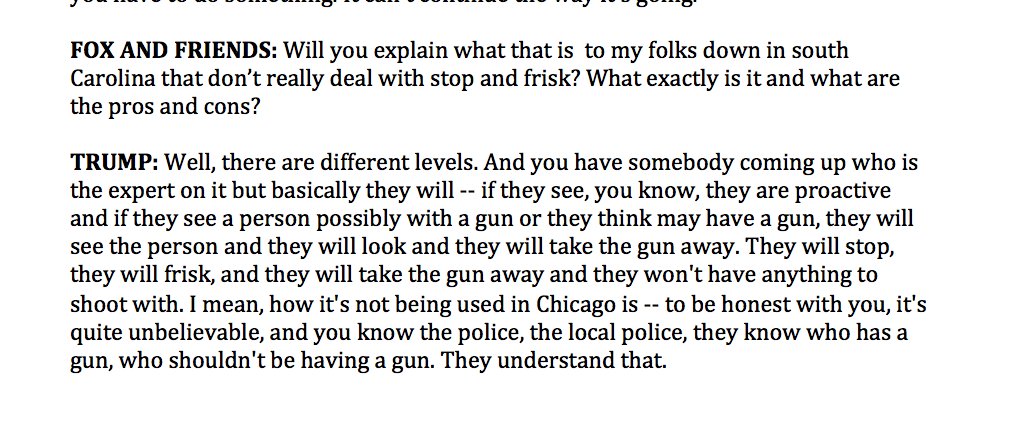No, you can determine a winner under some circumstances.
If the election is about the same as 4 years ago, then Silver's model was wrong in some way. Because you'd have to explain why, with similar polling data as 4 years ago, his model gives Trump's chances a lot higher now than Romney's peak.
Not really; because that assumes ending the same place means they took the same path to that place.
So, lets say...wikileaks drops a bunch of emails that make Clinton look terrible about three weeks from the election. Clinton's numbers drop, Trump's chances shoot up. But then Trump gets indicted for Trump Foundation stuff about a week before the election, and his numbers drop and it ends up reasonably close polling wise. Election happens, Clinton beats Trump by Romney-esque margins.
That doesn't make Wang's model better, it makes Wang's model luckier.
Which is the crux of their argument - Wang treats elections like a statistics 400 class in terms of modeling, simple regressions and simple probability curves based on polls, and nothing else matters / everything else will be seen in every state poll equally. Silver's assuming a system based model where factors changing polls are also balanced against the possibilities of skewed polls (since an individual pollster is more likely to be precise rather than accurate).
Wang's treating elections like baseball analytics, Silver is treating it more like football analytics (in a not that good example, but it's the one that comes to mind)
That said - the sniping between all of them is a little ridiculous. Feels like I'm watching the same stuff that happened with PFF/FO and Stats professors a couple of years ago, or sabermetrics folks before them.


